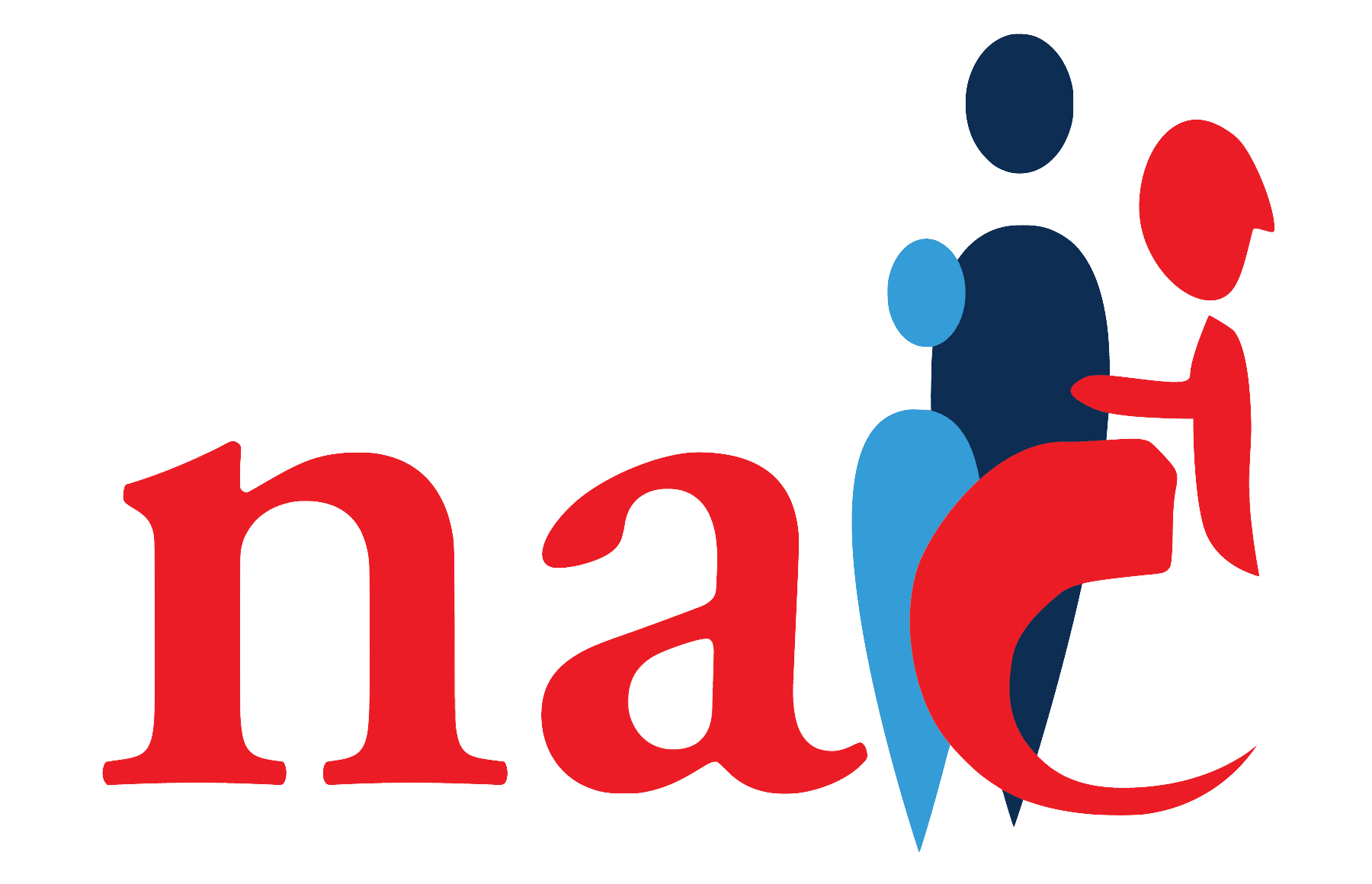Brian was the caregiver for his wife, who needed a kidney transplant a few years ago. While they were engaged, Brian’s wife went into septic shock due to kidney failure, and that, combined with her pre-existing Type 1 Diabetes, led to high blood pressure and ultimately, kidney failure.
Brian and his wife went through extreme challenges to get her a kidney. They were on a waitlist in Minnesota and were called almost immediately, but the kidney wasn’t viable. Because they had received the first call so soon they assumed another kidney would quickly be found, so they left their lives in Connecticut to live in Minnesota. They eventually moved back to Connecticut when no kidney was found. In Minnesota, they experienced about 10¬–15 calls for non-viable kidneys, which severely affected their mentality.
Brian and his wife faced constant setbacks while waiting for a kidney transplant call. His wife experienced medical complications like falls or mini strokes that would cause her to be removed from the waitlist. Brian would nurse her back to an acceptable health to be re-listed for a kidney. This was also frustrating because they had to depend on the system to put them back on the waitlist when they were ready, and it caused even more anxiety and a feeling of urgency around finding a kidney in time.
Brian did not receive any help from the transplant medical team. He feels the team at their Connecticut hospital became apathetic to his wife’s condition, as it was being “handled,” and stopped really advocating for her once she was on the transplant waitlist. Becoming his wife’s caregiver and care coordinator became Brian’s full-time job, and he ended up taking a layoff from work. He learned a lot about caregiving “on the fly” and through 9-1-1 calls.
After Brian left his job, he and his wife temporarily moved to Florida to escape the Connecticut winters and to give his wife a better chance of regaining her strength. There, they met a doctor who became a strong advocate for Brian’s wife. He got them listed for a kidney in several hospitals by continuing to make calls, which is how Brian learned that he needed to continuously contact anyone he could to get something from the healthcare system. Being listed at several hospitals got Brian’s wife her kidney, but it also meant Brian was financially and logistically planning travel, meals, and hotel stays wherever the kidney could possibly be located. He would chart transplants at their waitlisted centers to determine the likelihood of receiving a kidney from a given center.
Post-transplant, Brian’s wife took over a lot of her own care, and Brian was able to start looking for work. However, a setback occurred when Brian’s wife was diagnosed with post-transplant Cytomegalovirus (CMV). His wife had to go back to the hospital, and Brian had to start caring for her again. Reflecting on his journey, Brian thinks this setback may ultimately be what caused him and his wife to separate. They both needed to continue on with their lives, and he didn’t feel he could continue caring for her.
Due to his experience, Brian believes there needs to be some coordination among transplant centers. As someone who had to take care of all his wife’s paperwork moving through multiple centers and waiting for a kidney, he thinks there could have been better communication that would have reduced his workload. He also believes caregivers need financial support, especially when it comes to travel, and workplace protection. Ultimately, someone should be providing caregivers with a roadmap so they know what to expect and where they can go to for support.
